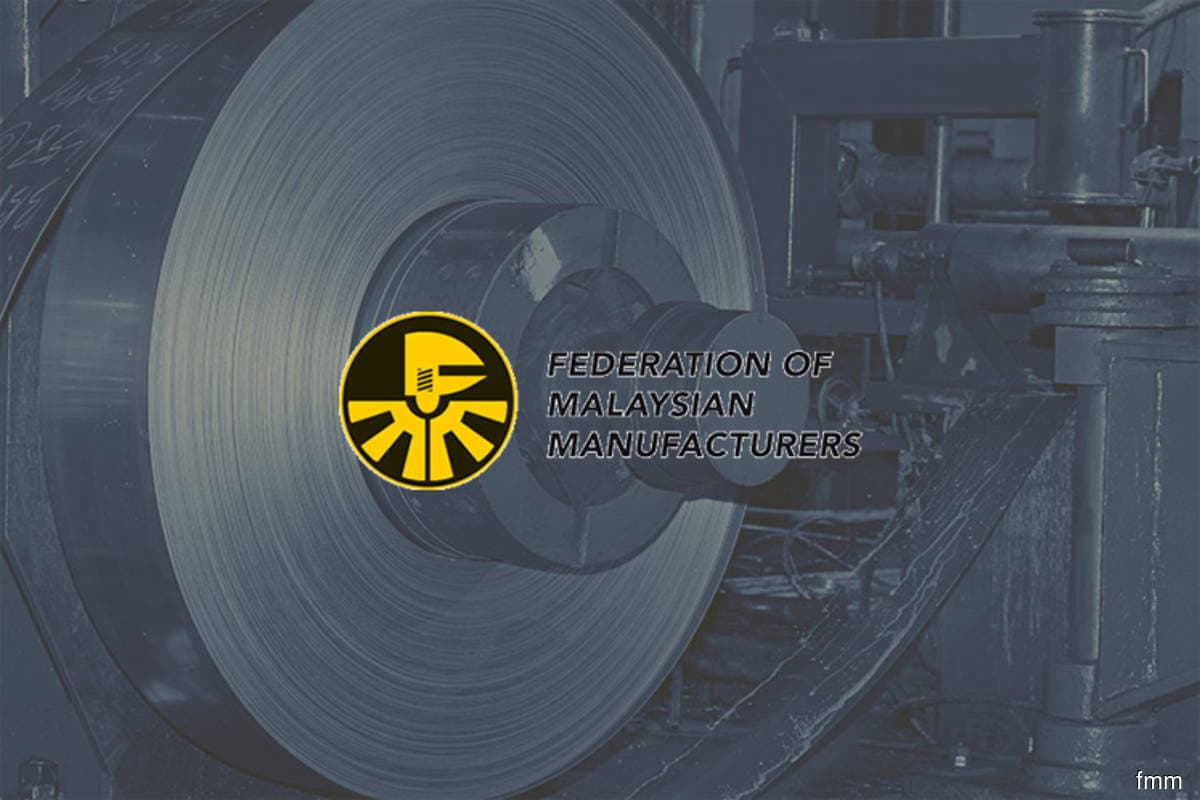
KUALA LUMPUR (Dec 1): The Federation of Malaysian Manufacturers (FMM) has requested a reconsideration of the duration for the incentives payment under the proposed Progressive Wage Model (PWM), adding that the 12-month period could be too brief for companies to adjust to the wage increments and implement the anticipated productivity improvements resulting from the PWM.
The FMM, in a statement on Friday, cited the example of Singapore, where the government initially co-funded the implementation of such a model for four years, while highlighting the importance of the appeal and completeness of the incentives to encourage companies to implement the PWM.
“The industry welcomes the incentive approach taken by the government, which would be a further boost for small and medium-sized enterprises (SMEs) that may be keen to take up the PWM but are constrained by their resource limitations.
“While the white paper has provided details on the quantum of incentives which would be provided based on entry level and non-entry level (jobs), it is unclear if these incentives would be sufficient and motivating enough for companies, as the quantum salary increments have yet to be determined,” said FMM president Tan Sri Datuk Soh Thian Lai.
Nonetheless, the FMM expressed gratitude toward the government for introducing the PWM voluntarily, as it provides the flexibility of implementation based on the industries’ capability, profitability and competitiveness.
The pilot implementation would test the model’s competency and could be finely-tuned to tackle any challenges or shortcomings, to ensure its acceptability and feasibility. The industry welcomed the government’s incentives approach, as it could assist SMEs interested in adopting the PWM but are hindered by resource limitations.
The FMM pointed out that the implementation would focus on SMEs who could then compete in the marketplace against larger firms, which have the ability to offer more competitive wages. The FMM also suggested that the government consider implementing the PWM by sectors and skill categories, rather than a blanket implementation to bring about intended improvements and changes to the labour market scenario.
The FMM pointed out that one of the criteria for the PWM incentives payment is that companies must furnish proof of employees’ participation in the skill upgrading programmes approved by the government. They agree with the need for training certification but emphasise that control over the service providers shouldn’t be stringent, as long as they meet relevant requirements.
Finally, the FMM concluded by stating that the successful implementation of the PWM would necessitate cross-ministerial collaboration, and thus, it is crucial to have substantial private sector input through representation across committees.
